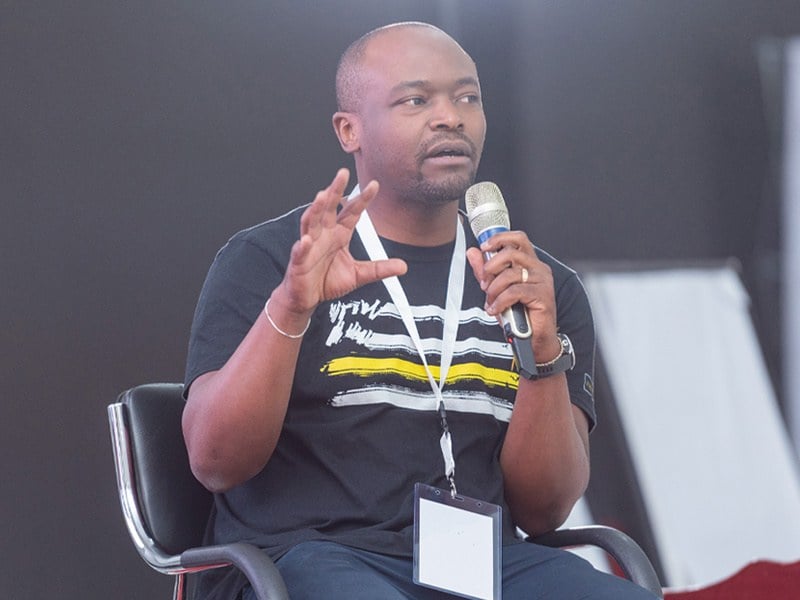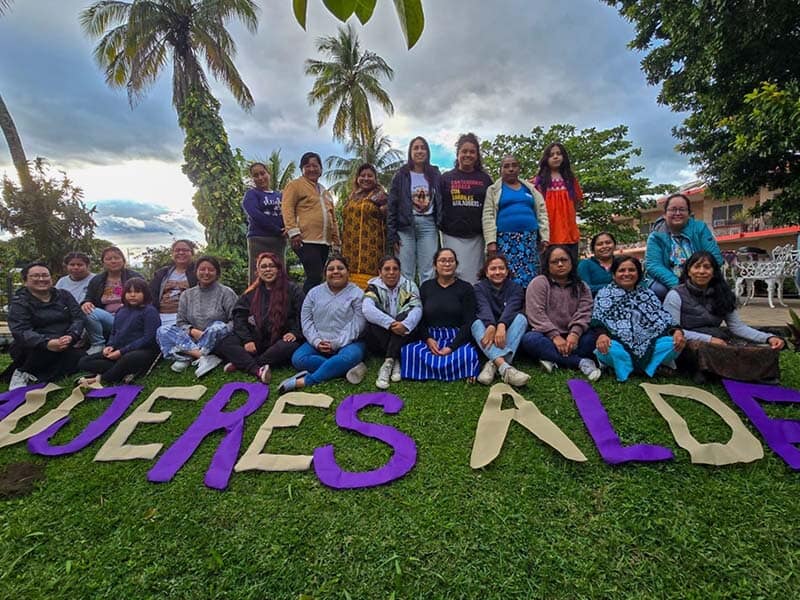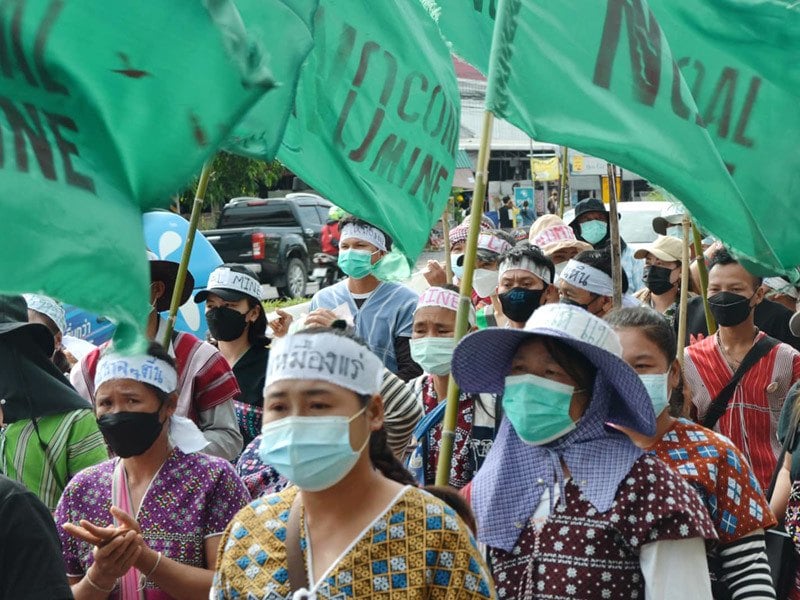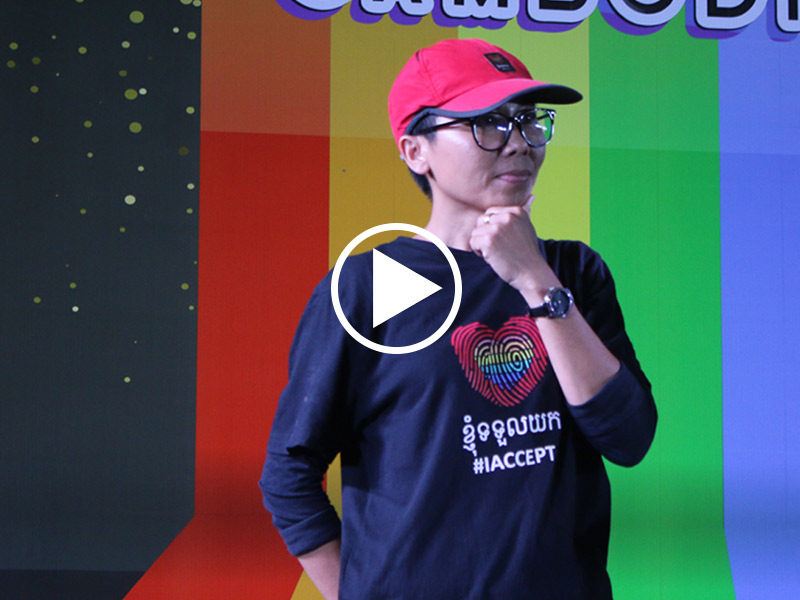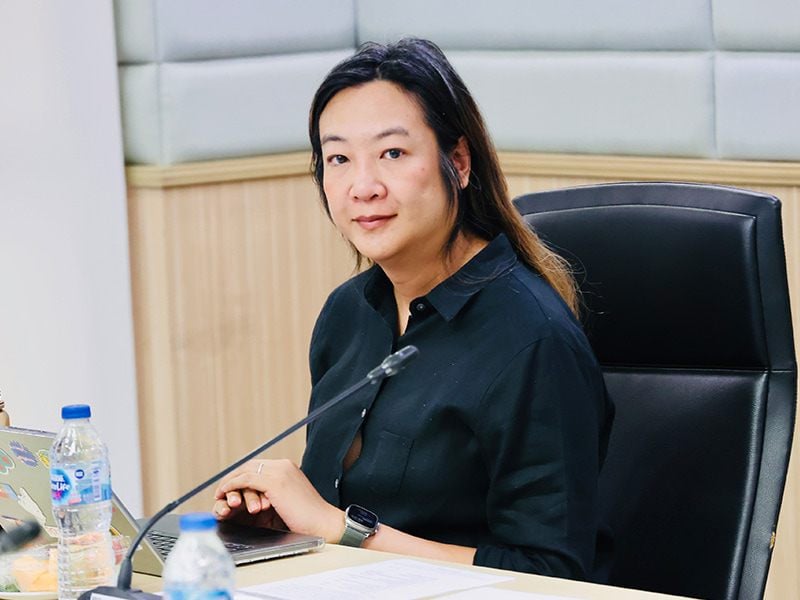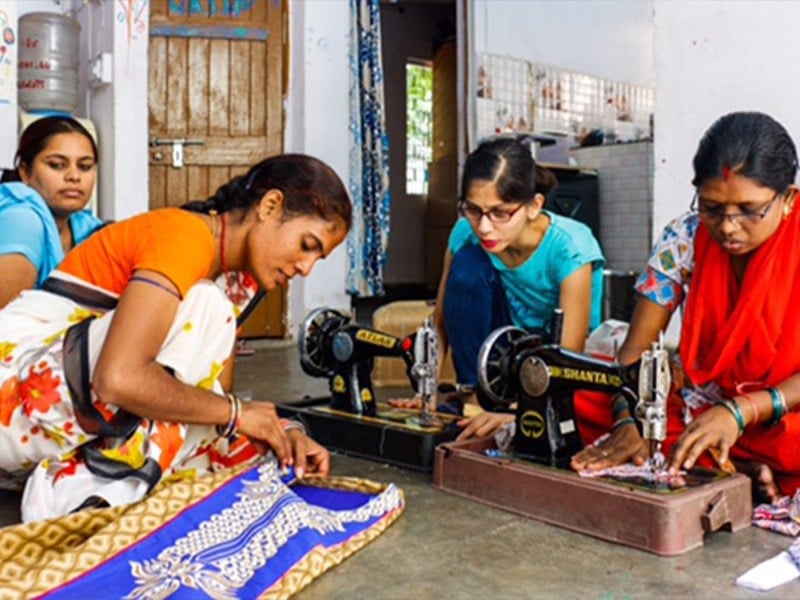Right now, Kenya is reeling.
The Trump administration’s overnight suspension of USAID funding is already profoundly changing people’s lives. This funding went to programs supporting access to clean water, treatment of infectious disease and the day-to-day operation of community-based organizations standing up for the rights of the country’s marginalized communities. By one estimate, Kenya will lose nearly a quarter of a billion dollars in USAID support, touching nearly every segment of life.
There are few people who understand the true impact of Trump and Elon Musk’s brazen disregard for people’s lives more than longtime AJWS partner Essy Adhiambo.
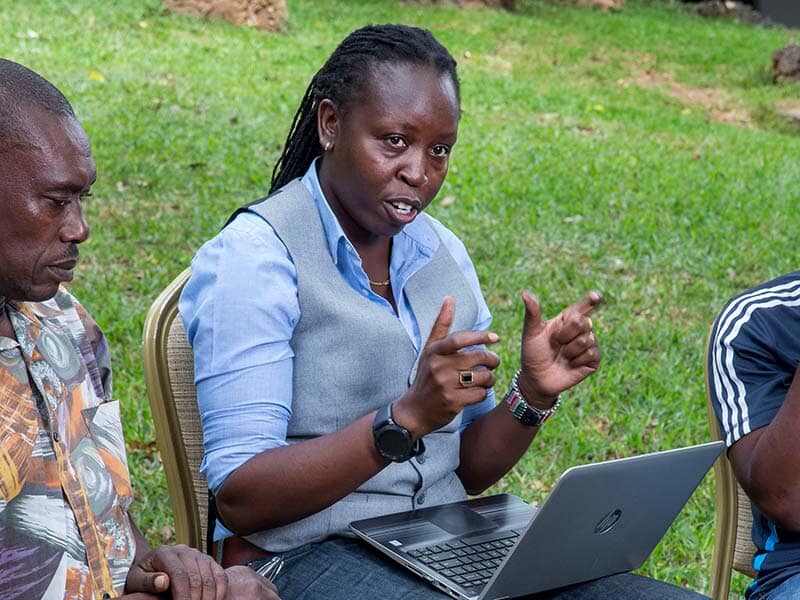
Essy is the founder and director of Initiative for Equality and Non-Discrimination (INEND) in Kenya, which furthers human rights protections, inclusion, and justice for sexual and gender minorities. INEND works directly with known perpetrators of violence against LGBTQI+ people and others who fan the flames of homophobia, creating a safer society for queer people. Essy’s ability to identify common ground between groups traditionally seen as enemies has generated a true shift in Mombasa, where INEND is based, and across the country.
With her history of creating change amid the most difficult circumstances in mind, we asked Essy about what comes next — for Kenya’s LGBTQI+ movement and activists around the world thrown into uncertainty by the callous actions of American leaders.
“U.S. support was always here, so no one knows what happens when it suddenly gets taken away,” she says. “Either that or they think one organization, somewhere, doing this work was affected. They don’t see the ripple effects. But they’re coming for everyone. We must get this into people’s minds, so they are ready to react.”
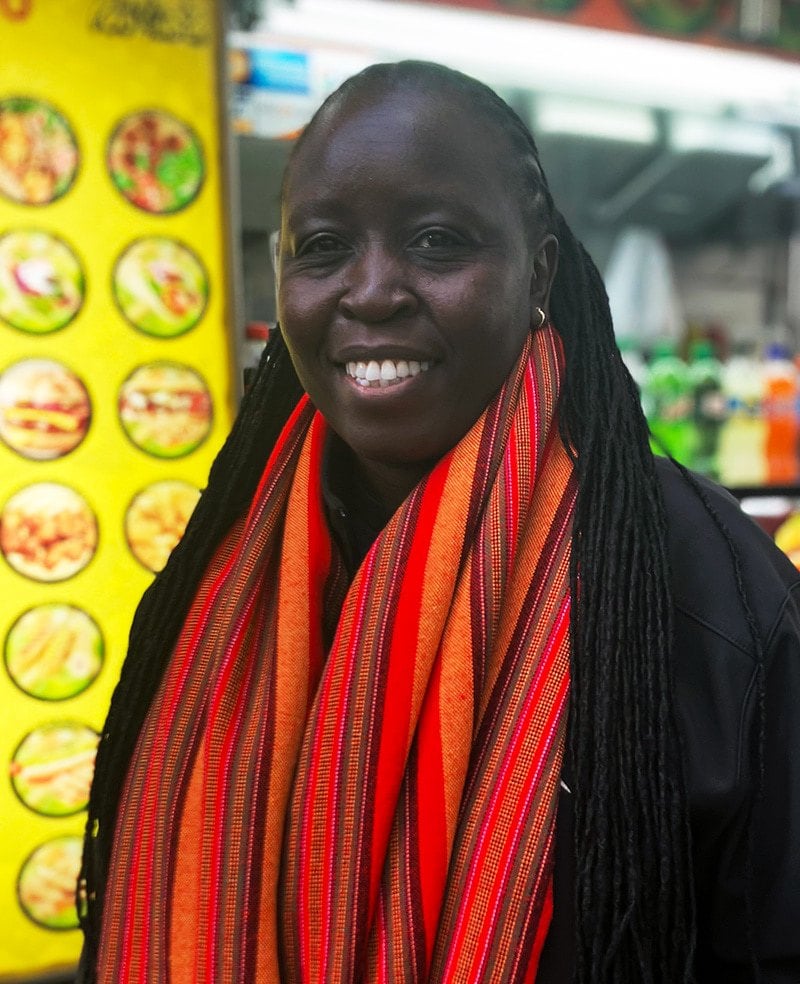
Consider the fight against diseases like HIV, tuberculosis and malaria, historically funded by USAID. In Kenya, the infrastructure that supports the distribution of HIV meds opened health clinics all over the country. Beyond providing antiretrovirals for 14 million Kenyans living with HIV, these clinics delivered pre-natal care and pediatric vaccines and served as large employers in both urban and rural settings.
Stories are already surfacing about clinics abruptly shuttered, people unable to access medication, out-of-date drugs entering the black market, and growing corruption as people see a nefarious way to profit off of pain and struggle.
“Those who think just LGBTQI+ clinics are being closed are in for a rude awakening,” warns Essy. “This fight is about humanity, and it’s about individuals who might not know that the decisions being made in Washington affect them, even in their village.”
“Those who think just LGBTQI+ clinics are being closed are in for a rude awakening. This fight is about humanity.” Essy Adhiambo
Essy has experience helping people see each other’s humanity. Earlier in her career, she led an education campaign among Mombasa’s boda boda, or motorcycle taxi, operators— men who were notorious for committing violence against queer Kenyans. Meeting with hundreds of drivers, Essy got to know these men personally so she could educate them, gradually, about the queer community. What had been a climate of hostility and violence against LGBTQI+ people in the coastal town transformed into a relationship of respect. Slowly but surely, queer people in Mombasa understood they could hire a boda boda operator without fear — and the drivers understood these passengers deserved a safe ride just like anyone else.
With U.S. influence no longer falling on the side of human rights, the stakes in Kenya are about to get much higher. Trump’s executive orders denying the existence of trans people in the U.S. are expected to prompt violent, criminal treatment of Kenya’s LGBTQI+ community. Worse, support for dangerous anti-homosexuality legislation may grow. If President William Ruto supports such legislation, it will imperil safety for hundreds and thousands of people as well as their families, employers, and landlords.
“If that bill gets into the floor of the house, it will pass. And if it passes, he will sign it. And if he signs it, the chaos of the violence that will happen is unimaginable,” says Essy.
Returning to a familiar strategy, Essy believes in grassroots communication: learning people’s misunderstandings and finding the humanity underneath. But instead of working in the confined community of Mombasa boda boda drivers, Essy will now face the entire nation.
“The moment calls us to find common ground, to forget about our differences. We must do a mapping of potential allies, institutions, individuals, progressives, retired people, people who have always stood with human rights, and who have always stood on the side of democracy in Kenya and figure out how we move forward,” says Essy.
“The moment calls us to find common ground, to forget about our differences.” Essy Adhiambo
She also recognizes the need to engage Kenya’s queer community in the election process. INEND’s democracy and governance “Queering the Ballot” project, which AJWS supports, encourages LGBTQI+ people to come out in numbers and participate in the democratic processes — not something they’ve done in the last few elections.
“Most LGBTQI+ people stay home and sleep during elections,” Essy says. “It’s a holiday. Why vote? They say, ‘it doesn’t matter even if I vote. Those people choose themselves. The system is rigged already.'”
It’s not lost on Essy that the U.S. is facing the same challenge right now — an electorate that fails to see the scope of the administration’s power and the value of organizing the resistance. She’s surprised. But she is not persuaded that Americans cannot manage the same opposition.
“There is no day in my life as an activist that I ever thought I would be suggesting to Americans that they would learn from us how to fight back against a system that doesn’t respect the courts, a system that is violent, that picks people up from their houses,” she says. “In Kenya, we learn what people think and, we explain, without judgment or rancor. When we make the case for humanity, we always win.”


